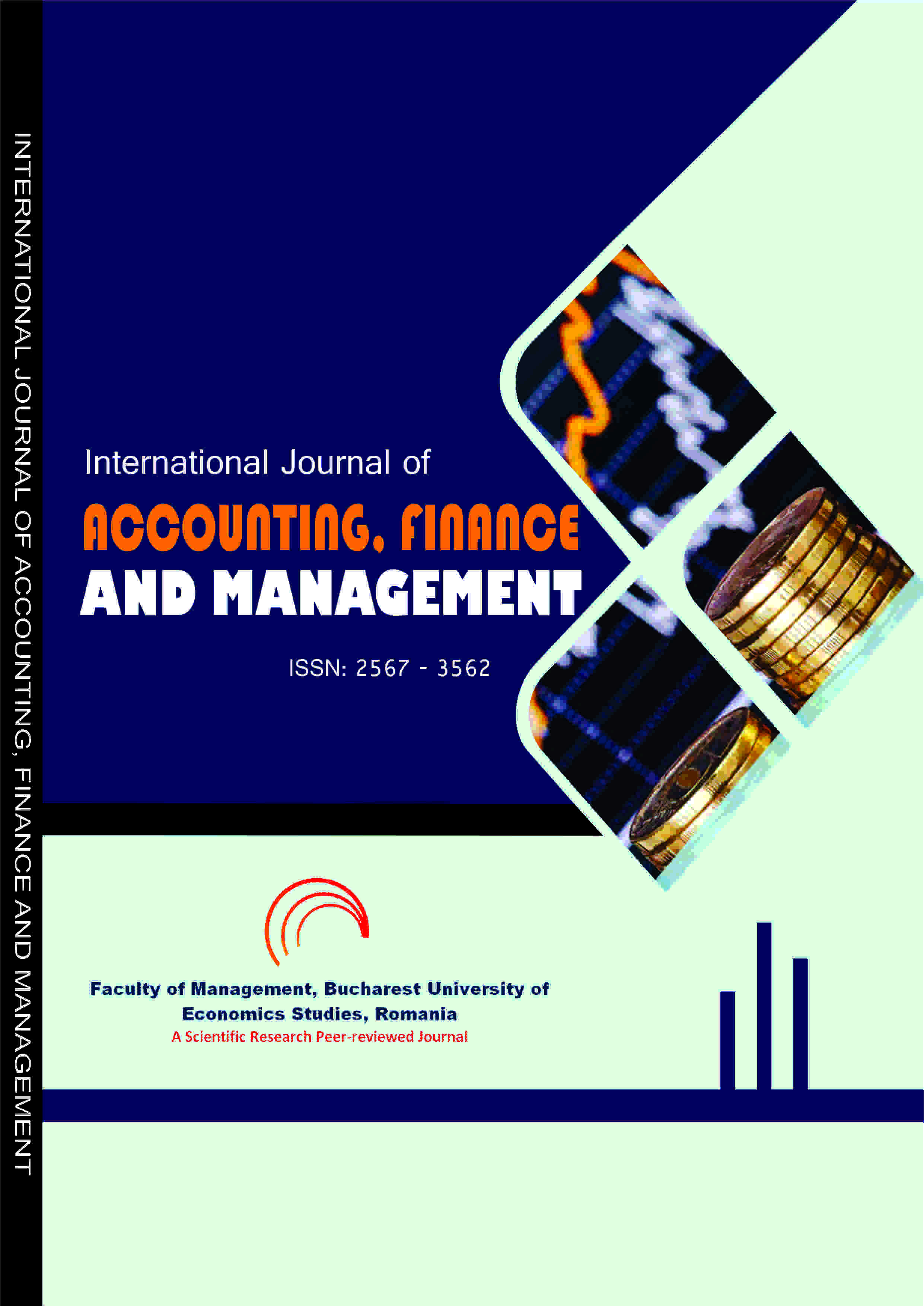INTERNATIONAL JOURNAL OF ACCOUNTING, FINANCE AND MANAGEMENT (IJAFM)
TEACHER SUPPORT DURING NANO LEARNING FASCINATE THE LEARNING EXPERIENCES OF UNDERGRADUATE STUDENTS: A COMPARATIVE ANALYSIS
E-ISSN: 5669-4522
P-ISSN: 2567-3562
DOI: https://iigdpublishers.com/journals/187
The comparative analyses focused on teacher support during nano learning fascinate the learning experiences of under graduate students. The research objectives were; to investigate teacher support during nano learning fascinates undergraduate students learning experiences and to associate the male and female undergraduate students learning experience during nano learning. For this purpose all BS students of Social Sciences Departments of Abdul Wali Khan University Mardan were selected as the population of the study. Number of one hundred and fifty three undergraduate students was selected as random sample technique through online sample calculator. A questionnaire was developed by the researcher with proper guidelines of the supervisor, and after a thorough review of related literature and validated to collect data from the respondents. The ethical consideration for the process of validity and reliability were followed and the Cronbach's Alpha reliability of the tool were found to be .85. The data was collected and analysed by using SPSS 27 and the mean, standard deviation and t-test for the comparison of male and female undergraduate university students were applied. findings of the research study were illustrated that the support of teachers during nano learning were highly fascinate the learning experiences of undergraduate students. Furthermore, the results illustrated that the support of teachers were equally fascinate the male and female undergraduate students and the null hypothesis was accepted. The conclusion of the study were elucidated that nano learning provide equal opportunities to support the students by teachers and have positive impact on students learning experiences. It was recommended that frequently workshops and seminars should arrange for the students and teachers to promote the modern teaching methodoologies and to meet the international standard of education system.
Arshad Alia, Maksal Minazb PhD & Hafiz Muhammad Irshadullahc PhD
Ahmad, W., Minaz, M., Habib, M., Shah., Baig, N. G., Rashid, A. (2021). An analysis of the effectiveness of blended learning on pedagogical skills of elementary school Teachers of Khyber Pakhtunkhwa. Multicultural Education. 7(11). 549. https://doi.org/10.5281/zenodo.5760040
Al-Huneidi, A., & Schreurs, J. (2013). Constructivism based blended learning in higher education. In Information Systems, E-learning, and Knowledge Management Research: 4th World Summit on the Knowledge Society, WSKS 2011, Mykonos, Greece, September 21-23, 2011. Revised Selected Papers 4 (pp. 581-591). Springer Berlin Heidelberg.
Bower, B. L., & Hardy, K. P. (2004). From correspondence to cyberspace: Changes and challenges in distance education. In B.L. Bower & K.P. Hardy (Eds.) from distance education to e-learning: lessons along the way (p. 5-12). San Francisco: Jossey-Bass.
Chamorro-Premuzic, T., & Bersin, J. (2018). 4 Ways to create a learning culture on your team. Harvard Business Review.
Chen, T. L., Liu, Y. L., Yueh, H. P., & Sheen, H. J. (2010). Identifying the threshold concept of learning nano- science and nano-technology in material engineering by curriculum map. International Journal of Technology and Engineering Education, 7(3), 25-32.
